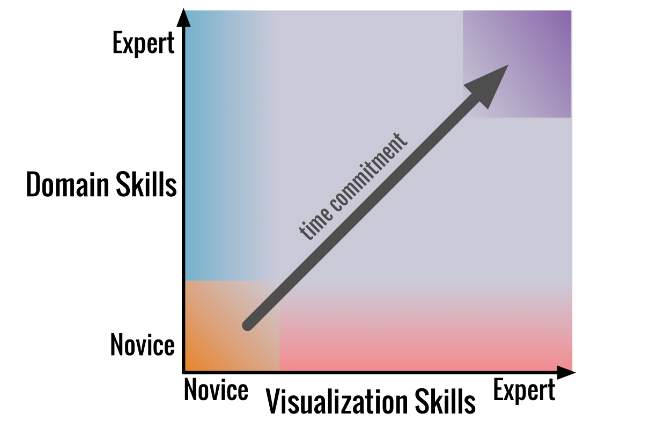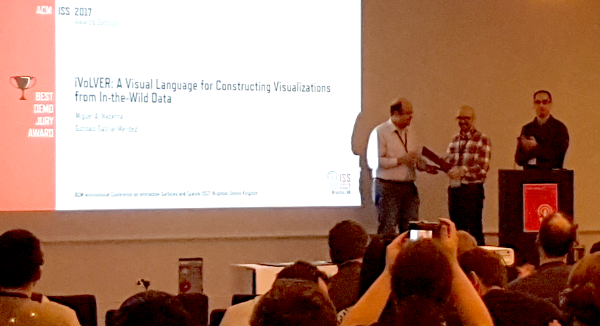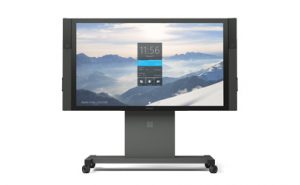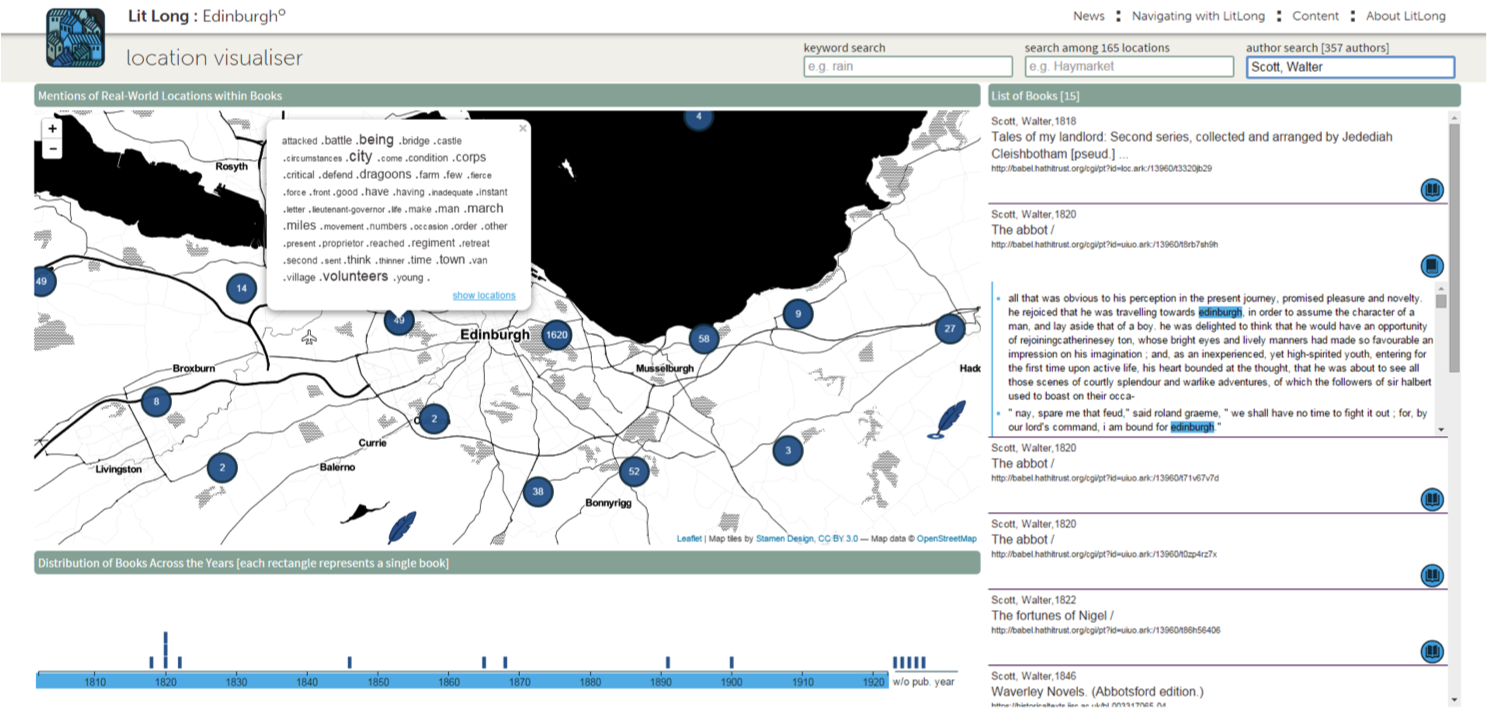Understanding How People Approach Constraint Modelling and Solving – University of St Andrews and University of Victoria
Ruth Hoffmann will be presenting the paper on “Understanding How People Approach Constraint Modelling and Solving” at the 28th International Conference on Principles and Practice of Constraint Programming (CP 2022) taking place between July 31 to August 5, 2022 in Haifa, Israel.
This paper is a joint collaboration between SACHI (Human Computer Interaction) and Constraint Programming groups, in both the University of St Andrews, Scotland and the University of Victoria, BC.
Abstract
Research in constraint programming typically focuses on problem solving efficiency. However, the way users conceptualise problems and communicate with constraint programming tools is often sidelined. How humans think about constraint problems can be important for the development of efficient tools that are useful to a broader audience. For example, a system incorporating knowledge on how people think about constraint problems can provide explanations to users and improve the communication between the human and the solver.
We present an initial step towards a better understanding of the human side of the constraint solving process. To our knowledge, this is the first human-centred study addressing how people approach constraint modelling and solving. We observed three sets of ten users each (constraint programmers, computer scientists and non-computer scientists) and analysed how they find solutions for well-known constraint problems. We found regularities offering clues about how to design systems that are more intelligible to humans.
Researchers
- Ruth Hoffmann
- Xu Zhu
- Özgür Akgün
- Miguel Nacenta
- Personal website: https://nacenta.com/
- Research website: https://vixi.cs.uvic.ca/
The paper can be found at: https://doi.org/10.4230/LIPIcs.CP.2022.28
Conference
Ruth will be presenting the paper in the main conference and giving an invited talk at ModRef 2022 to raise awareness of the benefits of understanding how people represent, model and solve constraint problems.
CP 2022 Conference link: https://easychair.org/smart-program/FLoC2022/CP-2022-08-03.html#talk:197219
ModRef 2022 link: https://easychair.org/smart-program/FLoC2022/ModRef-2022-07-31.html#talk:197355
More ModRef info: https://modref.github.io/ModRef2022.html#invtalks











